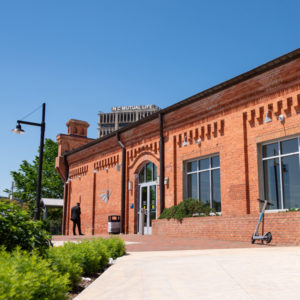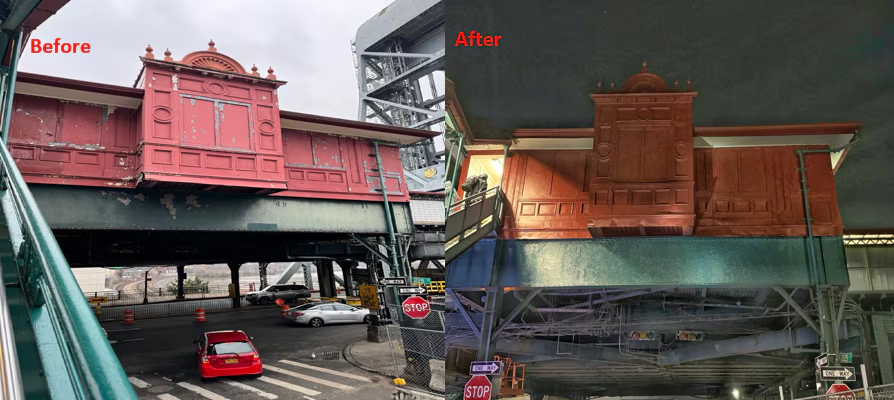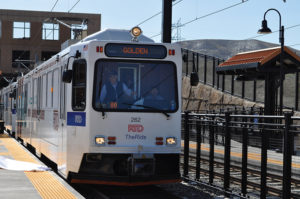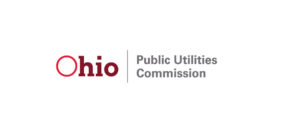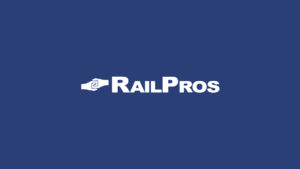N.J. halts new work on $8.7-billion N.Y.-N.J. tunnel due to budget issues
Written by jroodFebruary 14, 2001 New Jersey is temporarily shutting down all new work and suspending additional contract bids on an $8.7-billion railway tunnel to New York because federal officials say the project may go as much as a billion dollars over budget - money New Jersey doesn't have, The Star-Ledger reports.
The federal government
and the Port Authority of New York and New Jersey already each are putting in
$3 billion for the massive public works project, with New Jersey’s share at
$2.7 billion.
The month-long suspension
of all new activity – imposed by NJ Transit Executive Director James Weinstein
in the wake of concerns by the Federal Transit Administration – will be used to
re-examine the budget numbers.
"During that 30
days, we’re going to do a full evaluation of our go-forward costs," Weinstein
said.
He added that he hoped to
use the time to prove to all parties involved in the project that the $8.7-billion
estimate is accurate.
Work already under way,
including a track underpass in North Bergen and a tunnel segment under the
Palisades, will be allowed to continue. But all new work, including real estate
acquisition and the awarding of one major contract already bid, will be frozen.
New Jersey officials have
long considered the tunnel vital to the state’s economic future as it would
relieve the flow of more than 22,000 cars a day between New York and New
Jersey, double the rail capacity to the city and create 6,000 construction
jobs. More than $600 million has been spent on the project and $1.2 billion has
been committed in contracts and obligations.
"We feel pretty
strongly that the current cost estimate, which is $8.7 billion, is a number we
can achieve," Weinstein said. "But I’m under clear direction by the governor
that this is not going to be a bottomless pit. If we are to go forward, he wants
to know the costs and budget are under control."
The federal government
could require New Jersey to add hundreds of millions in contingency funds to
the tunnel project budget if it determined there was insufficient money
budgeted to cover overruns on what is already one of the most expensive public
works projects in the country.
A spokesman for Gov.
Chris Christie could not be reached for comment. However, U.S. Sen. Frank
Lautenberg (D-N.J.) was highly critical of the suspension.
"This stoppage could
put billions of dollars in federal funding at risk. These funds are dedicated
to New Jersey and could deprive the state of thousands of desperately needed
good-paying jobs," he said. "We have worked hard together for years
with the state of New Jersey and the federal government to advance this project,
which is critical for New Jersey’s economy and our future."
He urged Christie to
resolve the issue as quickly as possible.
The project, officially
known as the Trans-Hudson Express Tunnel, is scheduled to be completed by late
2018 and is designed to more than double rail capacity between New Jersey and
New York, from 23 trains per hour during peak periods to 48 trains per hour. Under
the plan, new tracks will be built from Secaucus Junction to North Bergen and
the western edge of the Palisades. From there, the tracks will go under
Tonnelle Avenue and into two new tunnels that will be bored more than 100 feet
below ground.
The new tunnels will
reach Manhattan between 28th and 29th streets, and terminate at a new rail
station that will be built deep below 34th Street between 6th and 8th Avenues.
Critics have long
assailed the project for its costs and shortcomings that were unavoidable
because of engineering necessity. The tunnel does not add any capacity to
Amtrak. And the tracks cannot be extended to Grand Central Terminal, which
would have eased congestion from New Jersey commuters who work on the East
Side, because the route is blocked by a New York City water tunnel. Forced down
deep to avoid a subway line, the tracks will arrive at a rail station so far
underground that commuters will have to ride up a very long escalator or ride
an elevator to get to street level.
Still, there has been little
debate that increased commuter capacity is desperately needed. The number of
people riding the trains to New York has increased more than four-fold in the
past two decades – a work force that brings back $50 billion a year in income
from New York to New Jersey.
Double-decker train cars
and new signaling systems have helped boost the number of trains and available
seats, but the bottleneck through which all New York-bound trains must travel –
two, century-old tunnels originally built by the Pennsylvania Railroad and now
operated by Amtrak – has reached its limit. The tunnels simply cannot
accommodate any additional traffic.
But the estimated cost of
the new tunnels has steadily climbed since the project was first approved. The
initial projection in 2005 was $5 billion. As recently as 2008, the Federal
Transit Administration had asked the state to put in as much as $1.1 billion in
contingency expenses to accommodate potential increases in construction costs
and interest rates, bringing the price tag from $7.6 billion up to $8.7
billion.
The new questions over
the tunnel’s cost come in the wake of reviews by the FTA of other high-profile
New York regional transit project – some well over budget and significantly
behind schedule.
According to FTA projections,
the Long Island Rail Road’s $7.3 billion East Side Access project was $800
million over budget and more than 18 months behind schedule. And the plan to
create a Second Avenue subway line was found to be roughly $500 million over
budget, and now 14 months behind schedule.
The federal agency has
not yet come up with its projections on the Trans-Hudson Express Tunnel, said
Weinstein. But following a five-month review, it told the state that
"based on experience with other major tunneling-projects in the region, additional
contingency factors could impact the project’s overall cost estimate."
Weinstein expects to meet
soon with Peter Rogoff, administrator of the FTA, who in public statements has
been pegging the tunnel cost at between $9 billion and $10 billion.
Weinstein remains convinced
the tunnel project would survive, although there are other dynamics in play.
Money for transportation projects is already in short supply and the nearly
broke Transportation Trust Fund – which pays for highway and rail programs – is
now on life support and there is little appetite to raise tolls or a gas tax to
replenish the capital improvement fund.

